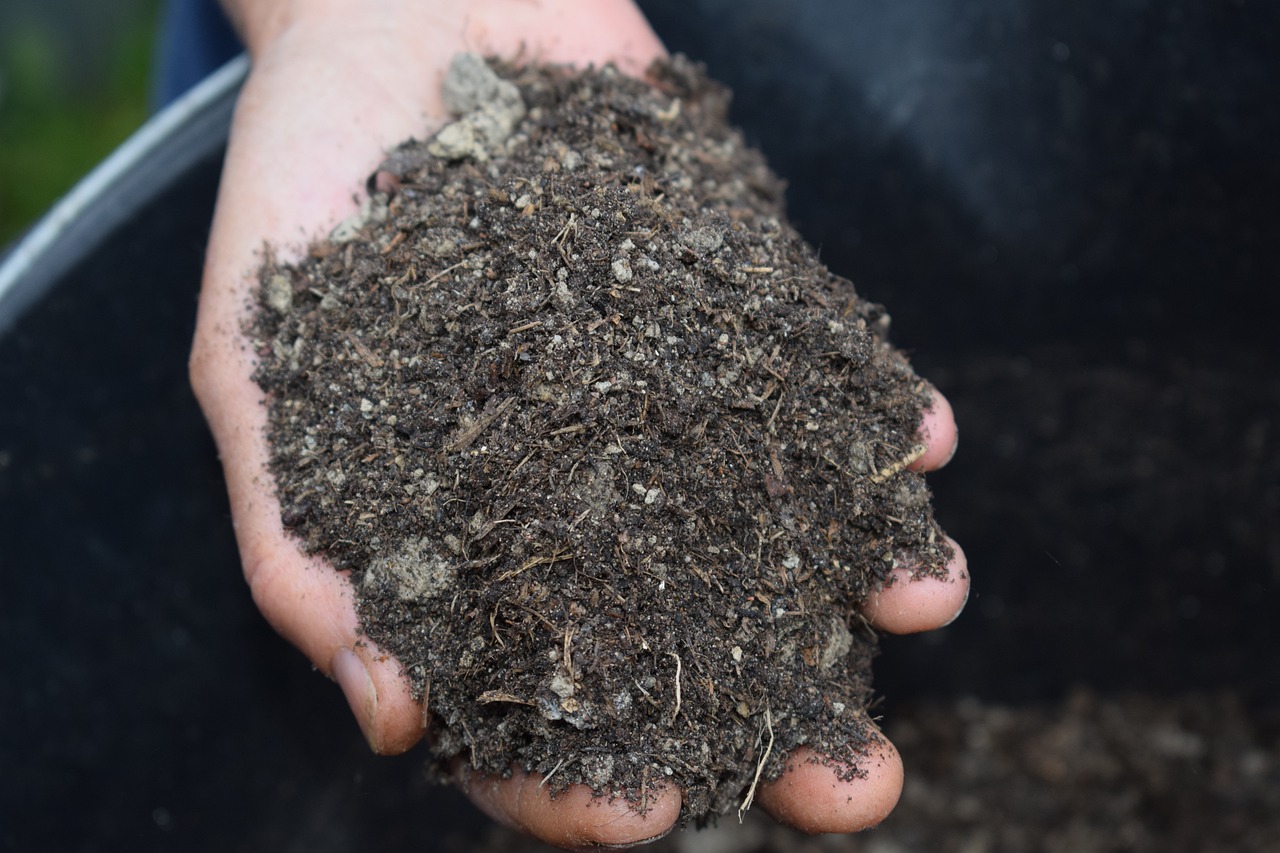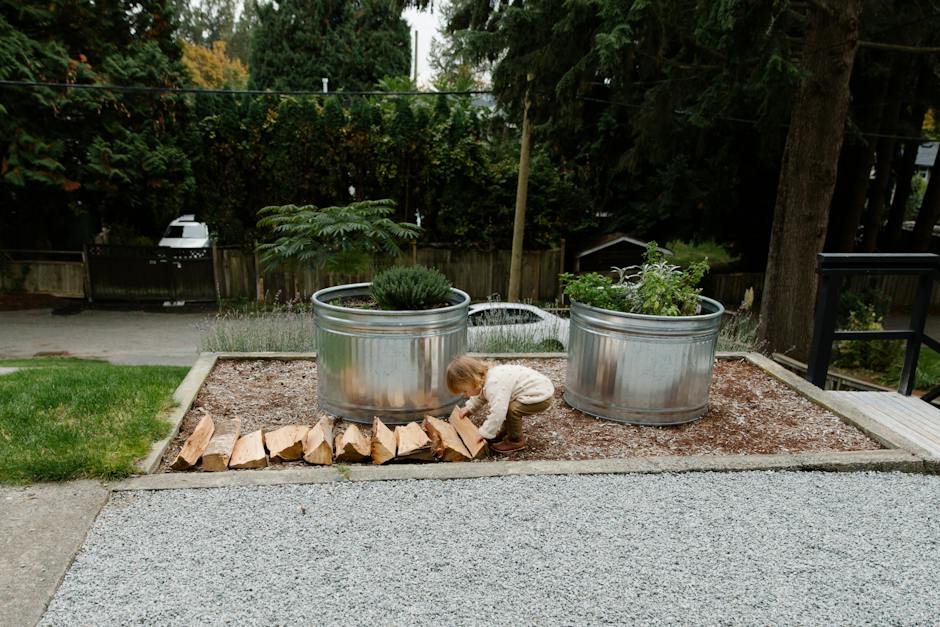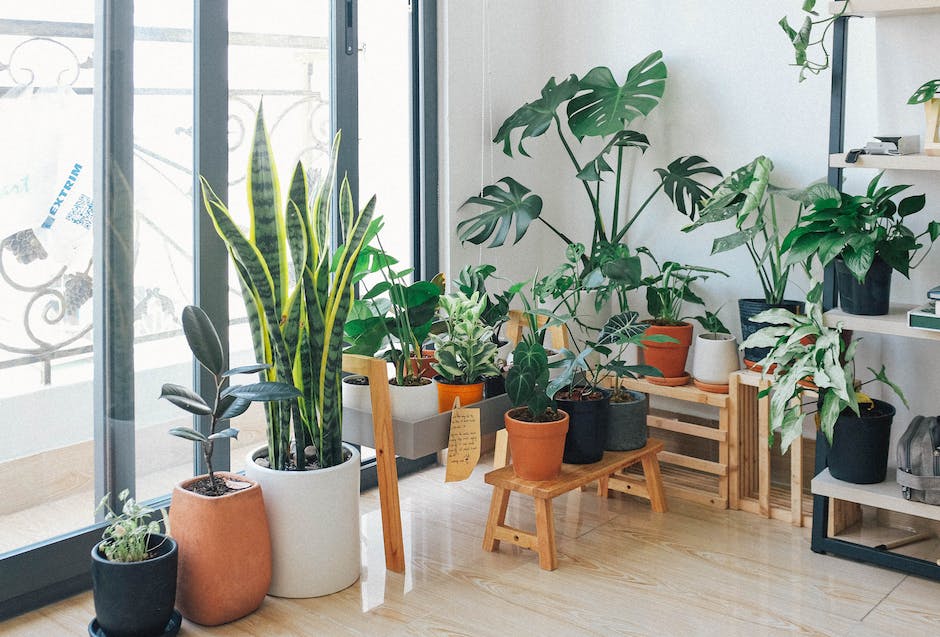The Pros and Cons of Mulching Leaves: Is It Worth It?
Exploring the Benefits and Drawbacks of Using Mulched Leaves
Mulching leaves is a popular gardening practice that involves shredding or chopping fallen leaves and then spreading them over the soil surface as a protective layer. This technique offers several benefits, such as improving soil health, moisture retention, and weed suppression. However, there are also some potential drawbacks to consider, including nutrient tie-up, potential pest habitat, and aesthetic concerns.
In this article, we will delve into the advantages and disadvantages of mulching leaves to help you decide whether it's the right approach for your garden. By weighing the pros and cons, you can make an informed choice about integrating this eco-friendly practice into your gardening routine.
Pros
Mulching leaves can provide several advantages for your garden and the environment. From soil enrichment to weed control, the benefits of using mulched leaves go beyond just being a sustainable gardening practice.
Improved Soil Health
When leaves are mulched and left to decompose, they contribute organic matter to the soil, enhancing its overall health and fertility. This organic material also encourages earthworm and microbial activity, promoting a thriving ecosystem beneath the surface.
Moisture Retention
A layer of mulched leaves serves as a natural barrier, reducing moisture evaporation from the soil and helping to maintain optimal moisture levels for plant roots. This can be particularly beneficial during hot and dry periods.
Weed Suppression
Mulched leaves create a physical barrier that inhibits weed germination and growth. By smothering weeds, this natural mulch can help reduce the need for chemical herbicides, promoting a healthier and more sustainable gardening approach.
Organic Matter Decomposition
Mulching leaves can accelerate the decomposition of organic matter, which helps improve soil structure and fertility. As the leaves break down, they release valuable nutrients into the soil, promoting healthy plant growth and enhancing overall soil health.
Cost-Effective
Using mulched leaves as a natural ground cover is a cost-effective alternative to purchasing traditional mulch or fertilizers. By recycling and repurposing fallen leaves from your yard, you can save money while also providing numerous benefits to your garden or landscape.
Missing a pro?
Let us know which pro you are missing!
Cons
While mulching leaves offers numerous benefits, there are also potential downsides to take into account. From nutrient imbalances to aesthetic considerations, it's important to be aware of the disadvantages associated with this gardening practice.
Nutrient Tie-Up
As leaves decompose, they can temporarily tie up nitrogen from the soil to aid in the decomposition process. This can affect the availability of nitrogen to growing plants, potentially leading to nutrient deficiencies if not managed properly.
Potential Pest Habitat
Thick layers of mulched leaves can create a sheltered environment that may attract pests or provide a hiding place for undesirable critters. Proper maintenance and monitoring are essential to prevent pest infestations in your garden.
Aesthetic Concerns
While some gardeners appreciate the natural look of mulched leaves, others may find it less visually appealing, especially in formal or highly visible garden areas. Balancing the aesthetic considerations with the benefits of mulching is important for overall garden design.
Nutrient Imbalance
Excessive use of mulched leaves can lead to a nutrient imbalance in the soil, particularly if the leaves decompose too quickly. This imbalance may affect the overall health of plants and can result in nutrient deficiencies or toxicities, impacting the ecosystem's delicate balance.
Decomposition Odor
As leaves decompose, they can emit an earthy, sometimes pungent odor, especially if the mulch layer is too thick or if the decomposition process is not adequately managed. This odor can be unpleasant for some individuals and may require proper management to mitigate potential disturbances.
Missing a con?
Let us know which con you are missing!
Conclusion
In conclusion, mulching leaves can be a valuable addition to your gardening routine, offering benefits such as improved soil health, moisture retention, and weed suppression. However, it's crucial to be mindful of potential downsides, including nutrient tie-up, pest habitat, and aesthetic preferences. By weighing these pros and cons, you can make an informed decision about incorporating mulched leaves into your garden maintenance practices.
What do you think?
Do you think the pros outweigh the cons?







